In this interview, candidate for Bratislava mayor Matúš Vallo says:
- how to handle the ailing transport in the capital
- how to make sure the city centre, including Obchodná Street, is safe for everyone
-what Bratislava can do to prepare for climate change
When the Bratislava-born architect, urban activist and musician Matúš Vallo lived in New York during his studies, what fascinated him most was how even huge metropolises can change. He says that it is the reason why he is hopeful that Bratislava can change for the better as well and why he decided to run for Bratislava mayor in the upcoming municipal election. His programme is constituted the 300-page The Bratislava Plan, on which he worked with more than 70 experts for two years.
The Slovak Spectator (TSS): How did you get to work today?
Matúš Vallo (MV): On foot, since I live close. I’ve concentrated my life into the city centre in order not to be dependent on a car, which is a big problem in Bratislava now. I move a lot on foot around Bratislava. I also use my car, but whenever possible, I use public transport.
TSS: If you had to point out the three main problems of Bratislava, what would these be?
Matúš Vallo, 40
architect, activist and musician
co-owns the architectural office Vallo Sadovsky Architects
co-founded the Urban Interventions initiative in 2008
in cooperation with almost 80 experts he wrote the Plan Bratislava book. It contains a manual for making Bratislava a better city and serves as the base of his election programme
his candidacy is supported by the Spolu and Progresívne Slovensko parties
MV: Transport is the first one. The situation is as bad as it is, and it will become even worse in the following months and years. The second big topic is greenery and the environment and how Bratislava is preparing for climate change. The two major rains resulting in flooded streets in early September demonstrated that we have a problem here. The third topic, very close to me and which interests me also as architect, are public spaces. They affect how people behave toward each other and how they feel in the city.
TSS: What solutions do you offer in your election programme, for example, in terms of transport?
MV: We cannot widen the streets. Experiences from other cities and various studies show that widening streets only leads to more cars. We have to reduce the number of cars in the streets. One possibility is to make commuting to Bratislava by car the least advantageous alternative. This can be done via a proper parking policy and improvement of public transport. We will extend tram lines and introduce express bus lines in order for people to be able to get from one part of the city to another very fast. We also want to enable better cycling and walking.
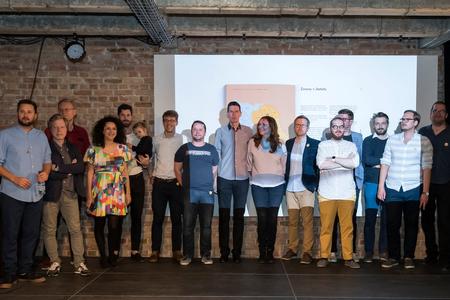
TSS: One point from your election programme addresses the relation between the city and developers. Could you explain it?
MV: Today, the development of the city is actually dictated by developers since the city council is weak and lagging behind them. They are building quickly and often on or even beyond the edge, what frustrates people. The city council has to take over control of the city’s development. It must set clear rules and limits to all who are building here. Our solution is to launch a brand new body - the Metropolitan Institute of Bratislava. It will concentrate all the strategic thinking and solutions and become a self-confident partner for developers.
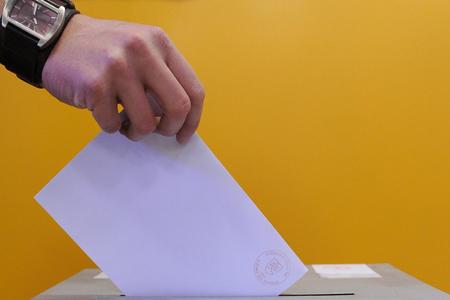
TSS: Are the current powers the city council already has sufficient for this?
MV: Yes. The problem is that the council does not have construction offices under control as this authority was delegated to the boroughs’ councils. But it has other tools it can use.
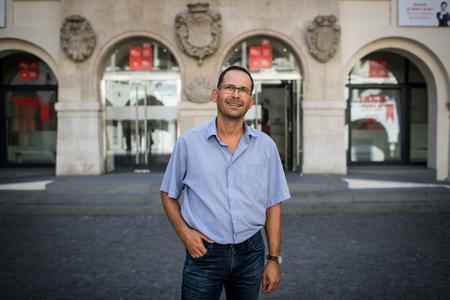
TSS: What do you think of people moving to Bratislava who do not want to have permanent residence here?
MV: This is a problem. It is estimated that more than 100,000 people live in Bratislava without permanent residence. This results in a lower share of income taxes for Bratislava. As a consequence Bratislava is underfunded when it is estimated that it needs €100 million more annually. We want to change this.
TSS: Why did you decide to run for Bratislava mayor?
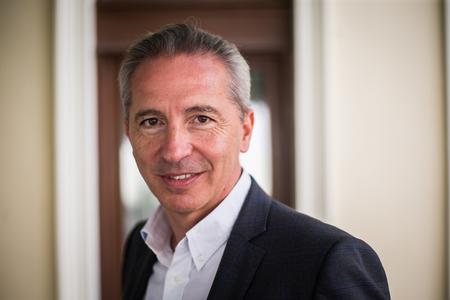
MV: The theme of the city has been close to me for a long time. I’m an architect and since 2008 I have been running a so-called Urban Interventions project with the civic association My Sme Mesto (We are the City). Within the project we are calling on other architects and activists to come up with tangible solutions to improve the public space. I believe that the environment can affect the way we live. I lived in other parts of the world but I decided to live in Bratislava. I do not want to put up with how Bratislava, which I consider an excellent city, looks and I want to do the utmost so it looks as good as possible.


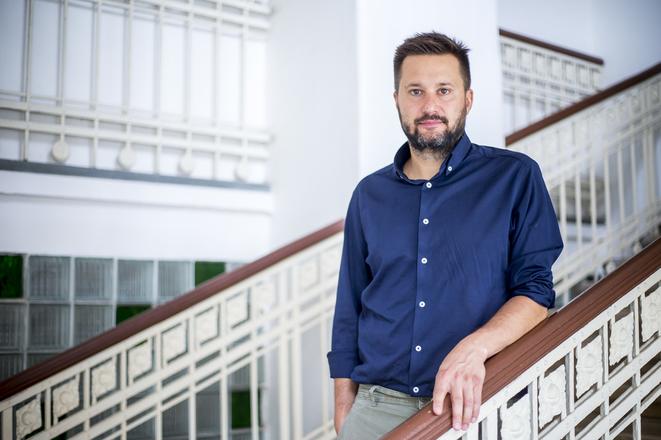 Matúš Vallo (source: Sme - Gabriel Kuchta)
Matúš Vallo (source: Sme - Gabriel Kuchta)